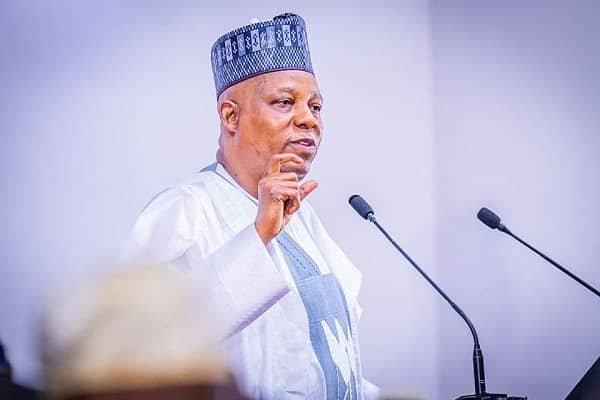
In the midst of economic challenges and rising inflation across Nigeria, the Federal Government has designated N5 billion for the renovation of the Vice President’s official residence in Lagos State. This substantial allocation has sparked mixed reactions, especially given the ongoing economic strain affecting millions of citizens. The high costs associated with this project have raised questions about fiscal priorities during a time of significant hardship.
The decision to fund this renovation at such a scale comes as many Nigerians struggle with basic needs due to soaring living costs and limited purchasing power. Inflation has impacted essentials like food, fuel, and housing, leaving many households in increasingly precarious financial situations. Critics argue that, while maintaining official residences is important, the timing of this expense might reflect poorly on the government’s sensitivity to citizens’ struggles.
Supporters of the renovation, however, contend that the upkeep of official government properties is crucial for maintaining standards of governance and the state’s image. They suggest that the budgetary allocation is part of a broader effort to ensure that all official properties meet required standards. Nonetheless, the move highlights ongoing debates over public spending and priorities in Nigeria’s challenging economic climate.




